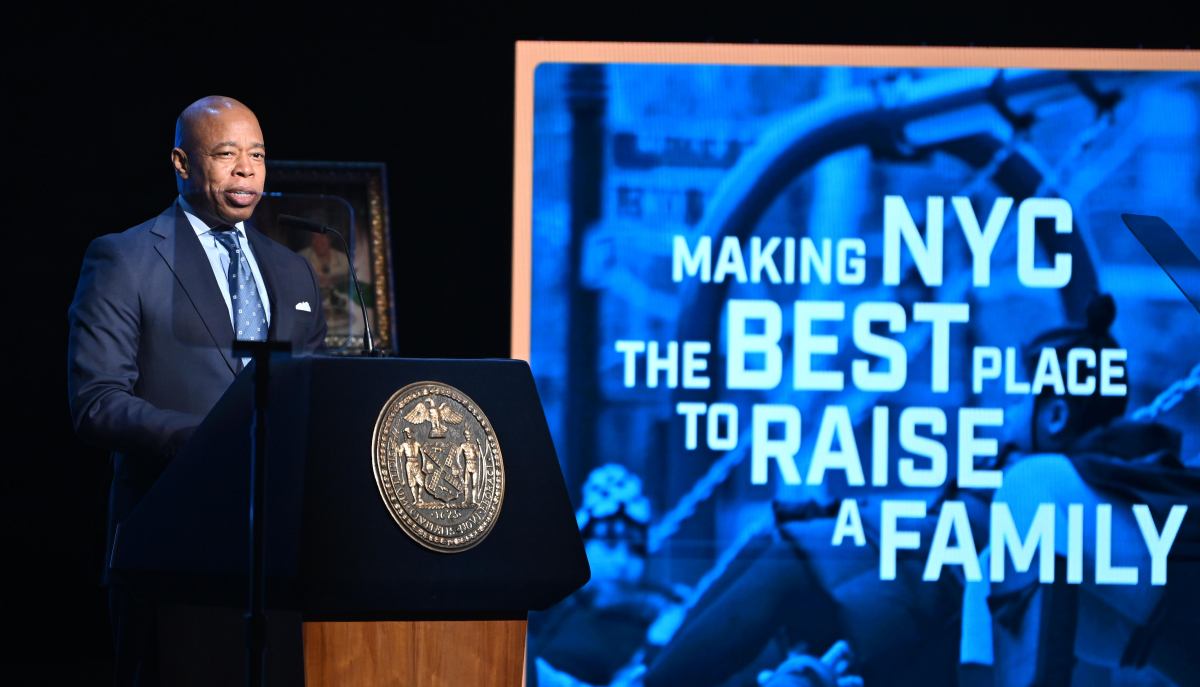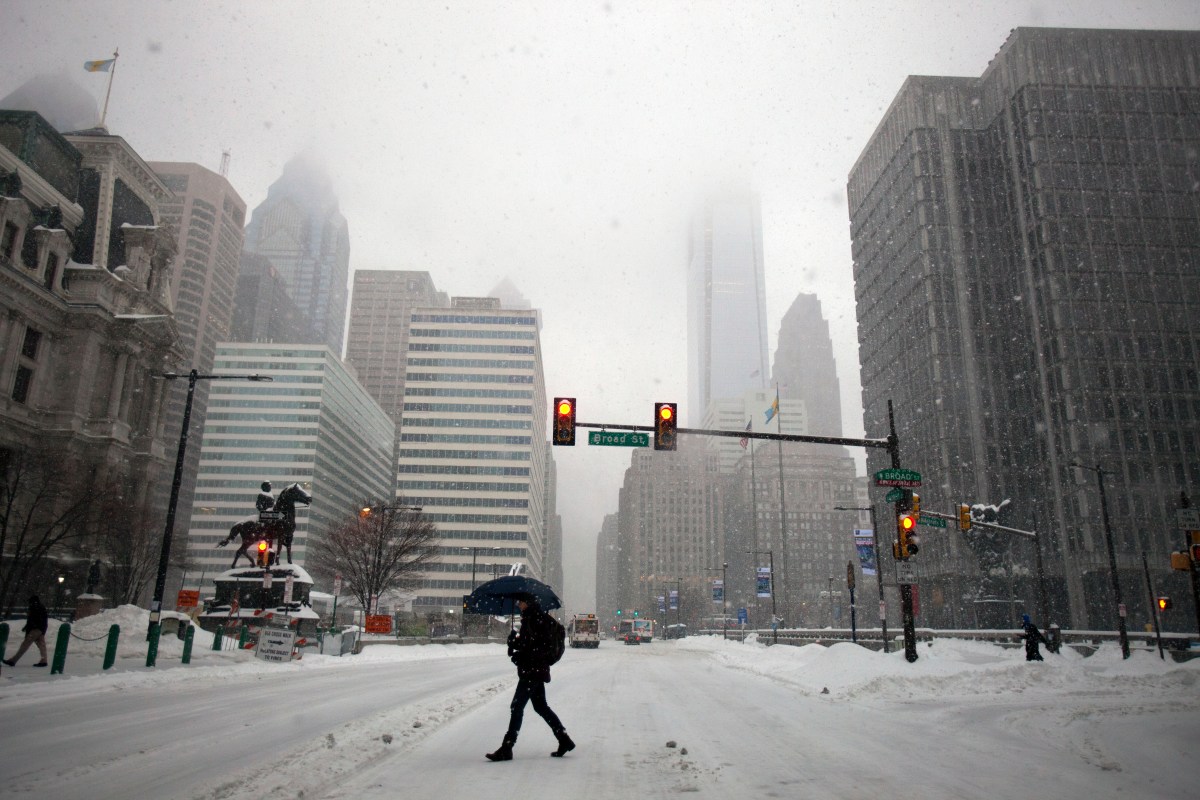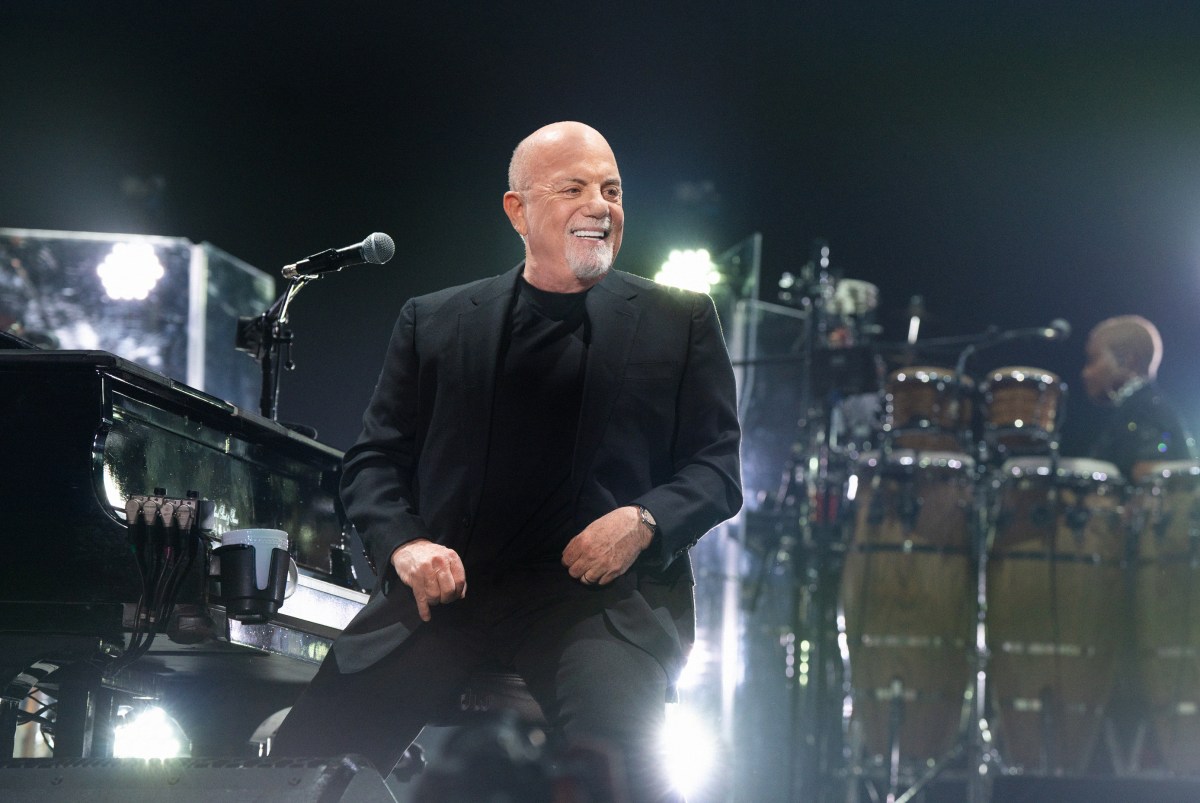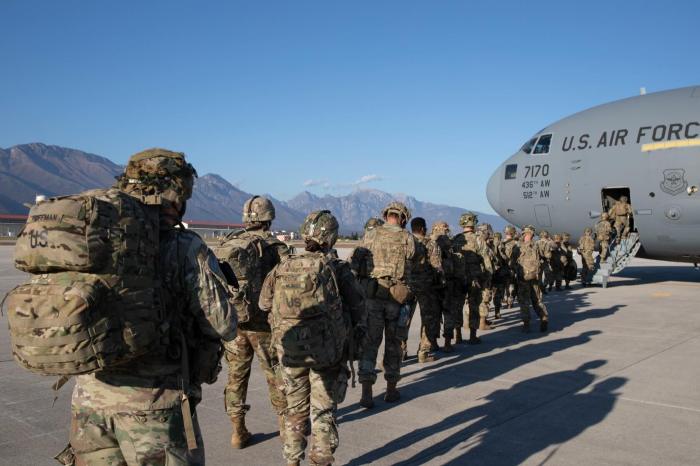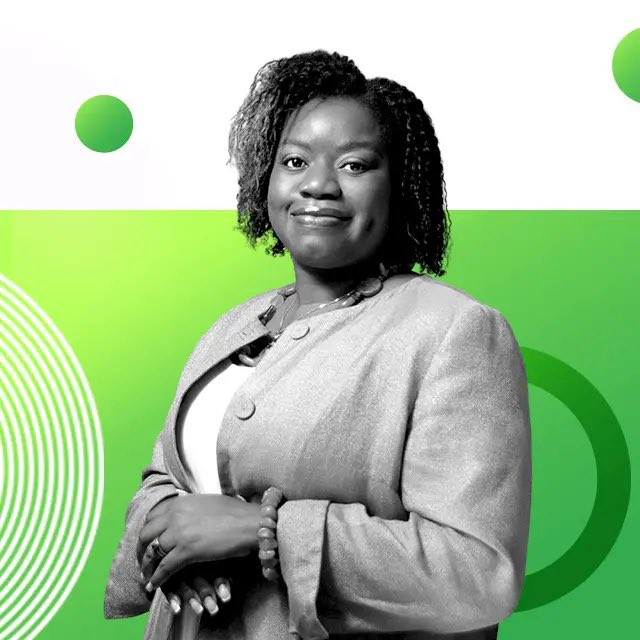By Scott Malone
BOSTON (Reuters) – The father of a boy killed in the Boston Marathon bombing recalled in court on Thursday how he left his dying 8-year-old son behind with his injured wife so he could rush their two other children to the hospital. “I saw a little boy who had his body severely damaged by an explosion and I just knew from what I saw that there was no chance,” William Richard testified in the federal trial of Dzhokar Tsarnaev. Richard was among the prosecution witnesses on the trial’s second day who told jurors about the final moments of the three who died on April 15, 2013 near the race’s finish line. His son, Martin, was the youngest. A Boston policeman remembered administering CPR to 29-year-old Krystle Campbell. A second officer said she left the body of 23-year-old Lingzi Lu only when her captain ordered her to, fearing there could be another bomb. Tsarnaev, 21, has admitted through his attorneys that he and his older brother planted the two bombs, which also injured 264 people. He is also charged with in fatal shooting of a police officer three days later. But Tsarnaev has not changed his plea of not guilty, leaving it to jurors to convict him and, if they do, to determine whether to sentence him to death or life in prison without possibility of parole. Richard recalled the chaotic moments after the blasts, when he loaded his oldest son, Henry, and his youngest child, Jane, then 5, into an ambulance, and realized that Martin was not going to survive. After seeing how badly injured Martin was and realizing the boy would not survive, “I knew in my head that I needed to act quickly or we might not only lose Martin, but we might lose Jane too.” He left Martin with his wife, Denise, who had been blinded by the blast, and went back to the ambulance and accompanied his other children to the hospital. Jane lost a leg in the blast.
Richard, a community activist and member of a longtime Boston family, and Henry were also injured, but not as seriously as Jane or his wife.
Tsarnaev faces a 30-count federal indictment on charges including two counts of use of a weapon of mass destruction resulting in death. He is also charged in the shooting of the police officer, who was slain as the defendant and his 26-year-old brother, Tamerlan, tried to flee Boston. The elder brother died later that night The Tsarneav family moved to the United States from Russia’s restive Chechnya region about a decade before the attack. Prosecutors contend their actions were motivated by militant Islamic views. Death penalty trials play out in two phases, with the jury first establishing whether the defendant is guilty and, if the defendant is convicted, whether a death sentence is warranted.
Defense attorneys are trying to prove that Tamerlan Tsarnaev was the driving force behind the attack, with his younger brother playing a secondary role.
TRIAGE
In other testimony on Thursday, Boston policewoman Lauren Woods recalled helping fellow first responders carry Lu, a badly injured Chinese exchange student, to an ambulance.
“A paramedic … told us to take her off because she was gone and he needed to keep the ambulance available for people that they could save,” said Woods, who stayed with Lu’s body until her captain ordered her to leave. “He said, ‘No, you’re alive, you need to go. She’s part of the crime scene.'” Woods testified.
A second officer, Frank Chiola, said he had been standing near the finish line when the first bomb went off and heard the second detonate as he was running to the scene.
“You couldn’t tell who was alive, who was dead,” said Chiola, who went on to perform CPR on Campbell before she died.
“It was chaos.”
Another survivor testified that he remembered being bumped by a person who he realized in retrospect was Tamerlan Tsarnaev. Jeff Bauman said he noticed the man had left a backpack in the crowd.
“He just looked very suspicious. He didn’t look like anybody that was there. He wasn’t having fun, he wasn’t watching the race,” said Bauman, who lost both legs.
The next day, when he woke up in a hospital, Bauman said he immediately told a friend that he had spotted a suspect and worked with a police sketch artist.
“It was kind of a relief,” Bauman said, “to know that I got to help out and do my part.”
(Reporting by Scott Malone; Editing by Tom Brown and Jonathan Oatis)

















